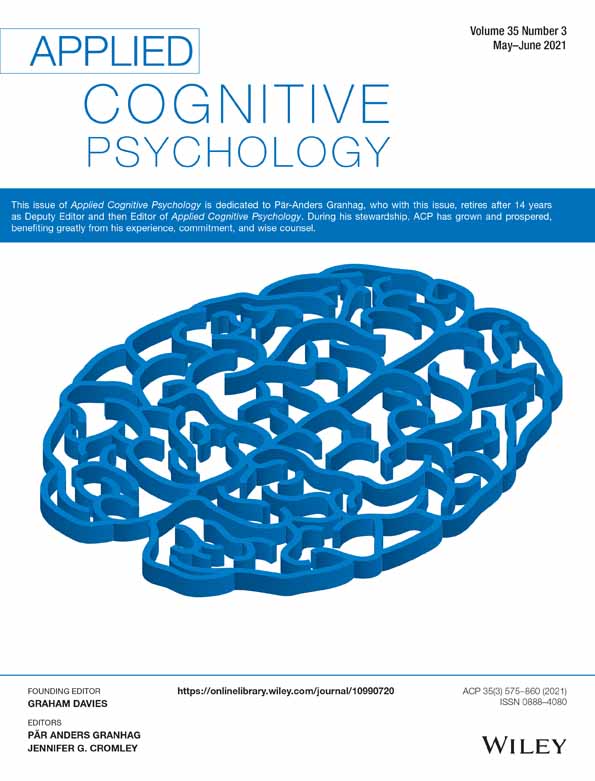The Usual Suspects: How psychological motives and thinking styles predict the endorsement of well‐known and COVID‐19 conspiracy beliefs

Research on belief in conspiracy theories identified many predictors but often failed to investigate them together. In the present study, we tested how the most important predictors of beliefs in conspiracy theories explain endorsing COVID-19 and non-COVID-19 conspiracy theories and conspiracy mentality. Apart from these three measures of conspiratorial thinking, participants (N = 354) completed several measures of epistemic, existential, and social psychological motives, as well as cognitive processing variables. While many predictors had significant correlations, only three consistently explained conspiratorial beliefs when included in one model: higher spirituality (specifically eco-awareness factor), higher narcissism, and lower analytical thinking. Compared to the other two conspiratorial measures, predictors less explained belief in COVID-19 conspiracy theories, but this depended on items’ content. We conclude that the same predictors apply to belief in both COVID and non-COVID conspiracies and identify New Age spirituality as an important contributor to such beliefs.
This article is protected by copyright. All rights reserved.


